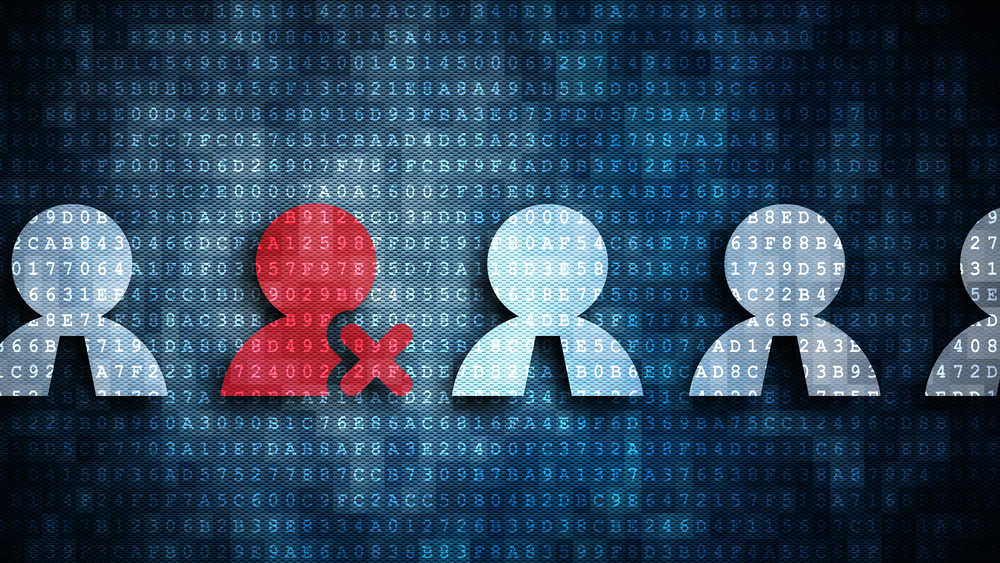How do colleges run background checks? Most universities conduct background checks through various platforms. Most institutions will utilize county records and transcripts. However, there are many colleges that still use WhitePages, InstantCheckmate, and Spokeo to review your personal information online.
Going to college is a milestone in the lives of many young people, but this is also a very stressful period. Choosing a college and preparing yourself to potentially leave home is exciting, but it can also be frightening at the same time.
There are lots of different things to think about, including whether you can afford it, whether you will fit in, whether you will be able to do the coursework, and more. Don’t let your background check hold you back from obtaining a college degree. (Read more about advance background checks and what you should know)
Protect yourself from any online embarrassment by having no negative information online. It is just that simple.
Request a Free Consultation
Colleges Now Conduct Background Checks
Unfortunately, there is now an additional issue to worry about, which is that colleges are now performing background checks on applicants. For some people, and particularly those with a slightly checkered background, this can lead to significant stress. They may worry that they will be rejected because of the mistakes they have made in the past. Luckily, a problematic past or even a criminal record does not automatically lead to rejection.
A study has revealed that 66.4% of colleges across the country now perform random criminal background checks. However, 38% have stated that a criminal history does not automatically mean they disqualify an applicant. The study was completed in 2013 by the Center for Community Alternatives and it is believed that the results have not changed dramatically over the past four years.
Although it is true that around two-thirds of colleges will perform a background check, they usually don’t investigate things very thoroughly unless they have reason to do so.
In most cases, the common application is used, on which a self-disclosure question is included where applicants can divulge their criminal past. This is generally the only background check that a college performs, with just 20% saying they will conduct a more formal one as well by accessing public records databases or other information sources.
This does not, however, mean that you should lie on the application form or even lie by omission, hoping that it won’t get checked anyway. Colleges trust you to be honest, a core value that they want to instill in all students. In fact, finding out that you lied will make it far more likely that you will get rejected than having a criminal record.
Why Is There a Need for Background Checks?
There are several reasons why a background check may be conducted, although most colleges do it to ensure the safety of their students. This is particularly true if students live in dorms with others, at which point it needs to be known whether anyone has had any drug or alcohol arrests, violent convictions, or has been convicted of sexual offenses. Sometimes, background checks are required as part of the affiliation agreements of a college.
Furthermore, it is common for students to be required to do voluntary work in local organizations, internships, and/or work-study programs. These external organizations will often run background checks, as they would for any non-student member. Thus, colleges may run the check preemptively to make it easier for students to access those opportunities.
Lastly, there are certain courses where passing a background check is a requirement. These include many care professions, such as nursing, medicine, and psychology.
Indeed, for virtually all colleges that perform background checks, the nature of the convictions and crimes is important. Sometimes, certain criminal behaviors will exclude students from gaining admission. This may mean that they would not be able to complete their degrees.
Examples are degrees that prepare students to work with vulnerable members of society. In these cases, failing to pass a background check will mean getting denied acceptance into the college. The last thing you want to happen is for someone to uncover your past after you’ve been accepted. It is important that you disclose any past wrongdoings ahead of time.
Do Colleges Check Your Social Media?
Since many college bound students are on social media, it makes sense that colleges would include this in their background checks. If you have a public Facebook, Instagram, TikTok, or Twitter account then colleges are likely to check out your social media profiles.
How do colleges find your social media? Some colleges ask you upfront if you have any social media accounts, while others will do a brief search for you on different platforms. But don’t worry – unless you’re saying truly terrible things online, then colleges won’t deny you solely based on your social media accounts.
What Does This Mean for College Students?
Having negative information on your background check does not automatically disqualify you. Depending on the university and the severity of any crimes, they may be understanding.
What happens when your background is holding you back? Or what if you have been unjustly accused or convicted in the past? Make use of reputable companies that are capable of removing personal information on the internet. Make sure your personal branding efforts are above par. Especially from sites that make a business of providing background information on people.


